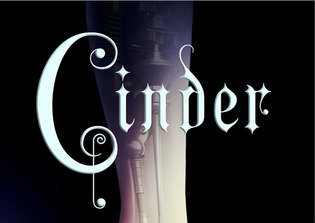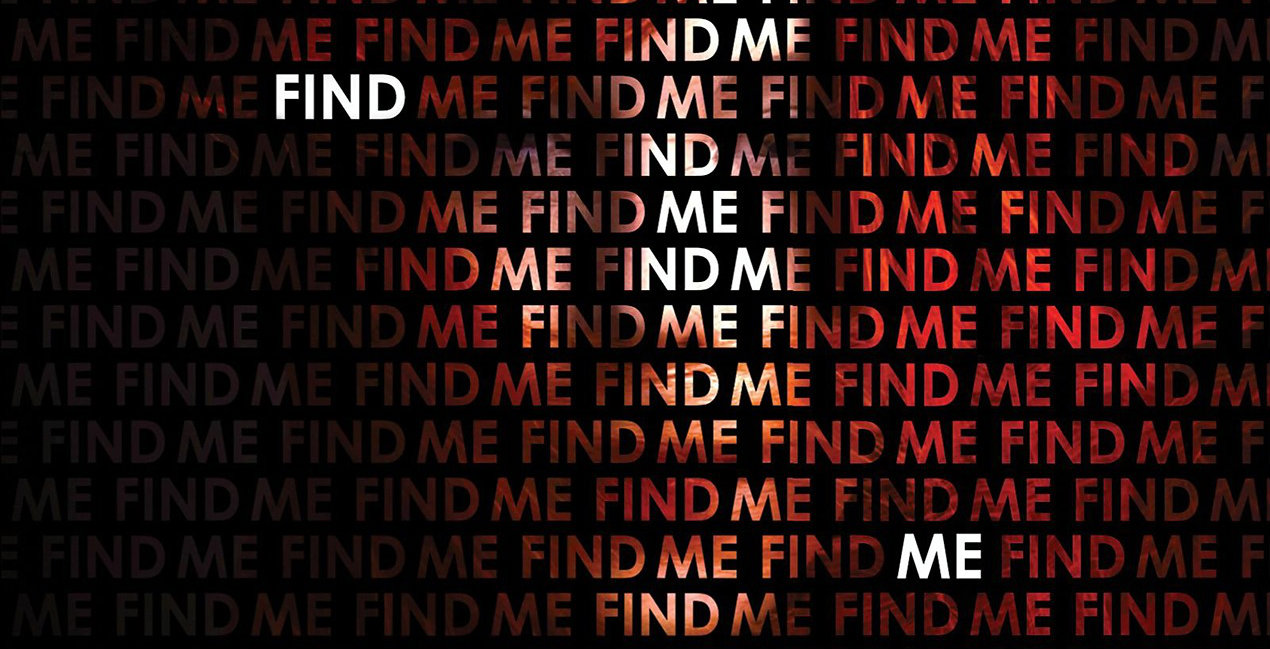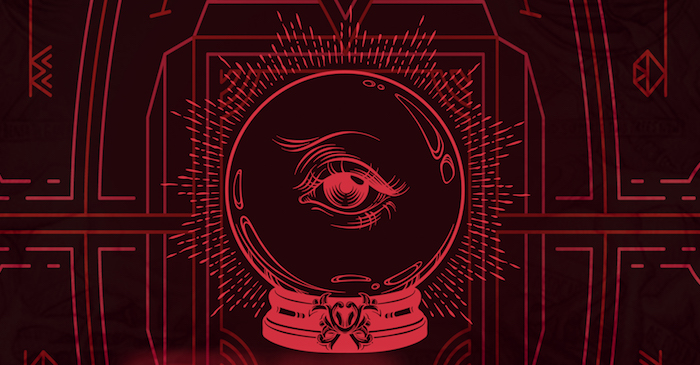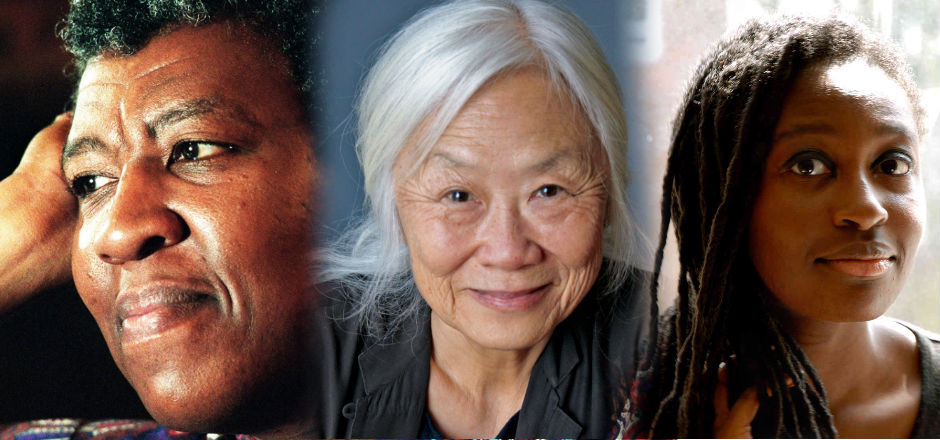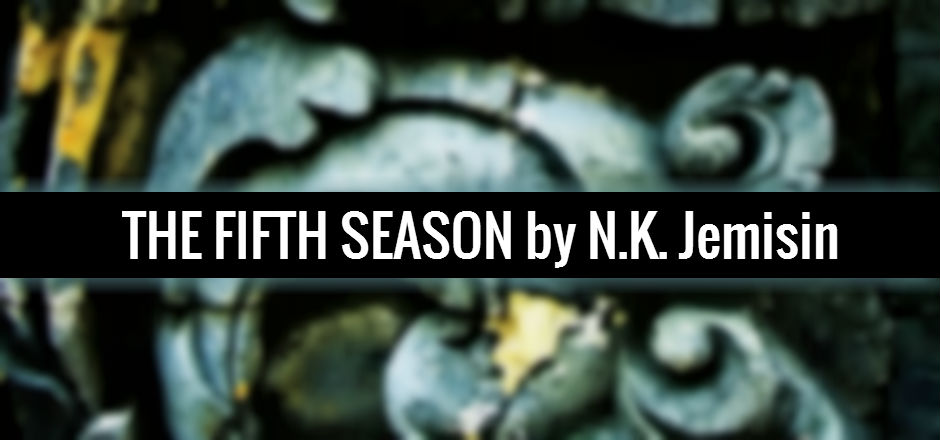 Cinder by Marissa Meyer is a science fiction retelling of the Cinderella tale and the first of four installments in the Lunar Chronicles. It follows Cinder, a cyborg mechanic who gets tangled with New Beijing’s Prince, the plague without a cure ravaging Earth, and the Lunar Queen, a woman who has her own agenda with Earth and the Commonwealth and who has threatened Earth with war for years.
Cinder by Marissa Meyer is a science fiction retelling of the Cinderella tale and the first of four installments in the Lunar Chronicles. It follows Cinder, a cyborg mechanic who gets tangled with New Beijing’s Prince, the plague without a cure ravaging Earth, and the Lunar Queen, a woman who has her own agenda with Earth and the Commonwealth and who has threatened Earth with war for years.
I went into Cinder looking for a fresh retelling and I was not disappointed. Cinder draws from the overall idea of Cinderella but does a good job twisting it. The science fiction elements are handled very well; the reader is introduced to a world that is more advanced than ours where everyone has an ID chip, where cyborgs and robots walk the Earth, where everyone has a mini computer at their hands called a portscreen and where flying cars, called hovers, are a way of transportation. There’s also a kingdom in the moon comprised of evolved humans called Lunars, who don’t have a good relationship with Earth.
Part of the book revolves around this struggle and, coupled with the representation of Earth as one race, the Earthens, the book touches upon two complex issues: diversity and racism. New Beijing’s culture is a mixture of Asian cultures that has become an entirely different thing as seen by the rites of the nobility and the way people dress. The president of the Americas is President Vargas, a Latino man.
And the people subject to racism are the cyborgs and the Lunars. The cyborgs are a mix between human and machine and this is the reason why they have lesser rights; since they’re not entirely human, the people question their humanity and capabilities. Some consider that cyborgs cannot feel emotions. They’re used as test subjects for the plague and no one complains. This is an important aspect of the book because Cinder is a cyborg and she runs into problems, rejections and issues precisely because of that. The Lunars, on the other hand, are rejected and feared because they have developed powers as they flourished on the moon. They look and act different from humans on Earth and, coupled with their abilities and the ill intentions of those in power, Earthens despise them. But as one delves deeper into Cinder, one can see that not all of them are the same.
As a protagonist, Cinder is unique. When the narration is from her point of view, the reader is treated to images of her pulling up things on the net connection embedded in her, messages that appear in her eyes warning her of anxiety and other things happening in her body, the weight of her cyborg parts, the wires…everything that makes her a cyborg. She is aware that she is different as her stepmother, stepsister and the world don’t let her forget it, and sometimes she struggles with it. But slowly, even though these differences scare and set her apart, she starts to come to terms with her identity and the new things she learns about herself. Cinder tries to gain her freedom from being under her stepmother’s custody and though she sometimes doubts herself, she is strong. She doesn’t need saving; she just needs a working hand and a working foot and she can do the rest for herself. She is resourceful, strong and resolute when she makes a decision.
The book was a little predictable for me and this has nothing to do with the fact that it’s a retelling. The revelations were clearly set up so one could figure them out several pages in advance. They weren’t surprising for me, although there were two plot twists that were: one at the very beginning and one at the end. The other thing I found with Cinder was that it’s a big story, but not much is told. This is a book of interstellar proportions and it promises to encompass several countries on Earth as well as the moon, but not much happens. Despite this, the book was very entertaining and once I finished it, I immediately moved on to the second one, Scarlet, which came out earlier this year.
I recommend Cinder; it’s an unique retelling in a world that has a life of its own with a colorful cast of characters that can provoke a range of emotions in you. This is book that I definitely would like to read with others, especially with younger generations.
4 out of 5 stars
Mara Delgado Sanchez, the Young Adult Reviewer at Girls in Capes, is pursuing an MFA in Creative Writing with a concentration in fiction. She draws inspiration from writers such as Jane Austen and Virginia Woolf and is an avid reader of young adult novels, science fiction, and fantasy.
